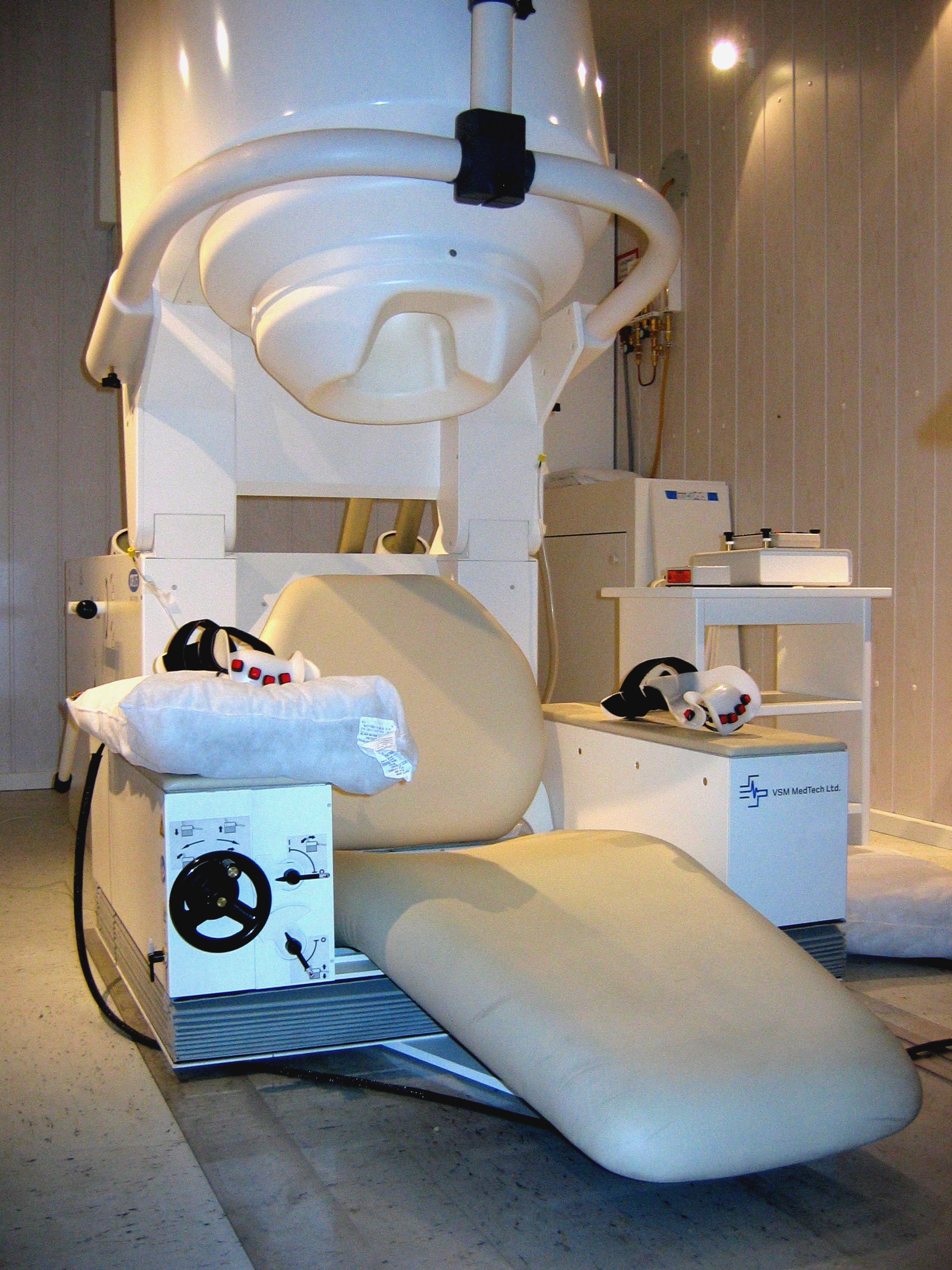Early Alzheimer’s Might Be Predicted by Changed Nerve Signaling Patterns
Written by |

Researchers at the Technical University of Madrid, in Spain, have discovered that changes in nerve signaling patterns exist in the brains of people with mild cognitive impairment, a condition believed to precede Alzheimer’s disease and other dementias.
From the study ”A multicenter study of the early detection of synaptic dysfunction in Mild Cognitive Impairment using Magnetoencephalography-derived functional connectivity,” published in the journal NeuroImage: Clinical, the finding suggests that the procedure could provide early identification of individuals at high risk for later dementia.
Researchers used magnetoencephalography (MEG) to track how neurons communicate with each other in the brain. The method can sense weak magnetic fields that nerve cells in the brain emit during signaling, which reveal patterns of brain activation. They scanned the brains of 184 people, both healthy elderly and those with mild cognitive impairment, and noted that people who had begun to experience cognitive difficulties had less communication between the brain’s front and side parts.
The team then tested the identified patterns in another set of people across four different clinical centers. Without knowledge of results from cognitive examinations, researchers were able to conclude with 82% accuracy whether a person suffered cognitive problems or was a healthy elderly adult based only on how their nerve signaling patterns looked.
The team believes changes in the brain’s wiring can be viewed as early signs of dysfunctional synaptic connections in order to predict the advent of Alzheimer’s disease. As such, the changes can also be used as a possible biomarker for dementia.
Early detection of brain changes causing cognitive decline is considered crucial because mild cognitive impairment is often a pre-stage of dementia. And because no cure exists, patients experiencing cognitive decline will be able to sooner begin drugs therapies and other methods aimed at slowing the progression of dementia.
While drugs attempting this feat have been disappointing, recent research shows that methods targeting many factors, including lifestyle, might provide the best chances for preventing further cognitive decline.





